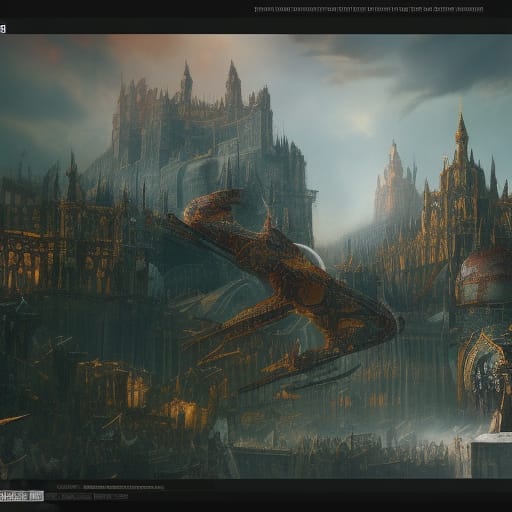
Niccolò Machiavelli’s “The Prince” is a political treatise written in the early 16th century that is still widely read and studied today. It is a manual for those in positions of power, offering advice on how to maintain and increase their authority.
In “The Prince,” Machiavelli advises rulers to be cunning and manipulative in order to maintain their power. He argues that it is better for a ruler to be feared than loved, as fear is a more reliable means of control. He also advises rulers to be willing to use force and violence if necessary, arguing that it is better to be feared than to be hated.
One of the key themes of “The Prince” is the idea of the “ends justify the means.” Machiavelli argues that a ruler’s ultimate goal should be to maintain and increase their power, and that any means necessary should be used to achieve this goal. He advises rulers to be willing to deceive, betray, and even kill in order to maintain their power.
Another key theme in “The Prince” is the importance of being a strong and effective leader. Machiavelli advises rulers to be decisive and to take bold action in order to maintain their power. He also advises rulers to be flexible and adaptable, as the political landscape is constantly changing and a ruler must be able to adapt in order to maintain their power.
In addition to offering advice on how to maintain and increase power, “The Prince” also discusses the different types of states and the best ways to rule them. Machiavelli distinguishes between different types of states, including republics, principalities, and hereditary states, and offers advice on the best ways to govern each type of state.
Despite its controversial nature, “The Prince” has had a lasting impact on political thought and has been widely read and studied for centuries. It continues to be a highly influential work, and its ideas and teachings are still debated and discussed today.
What are 10 Takeaways From The Prince That Are Still Utilized Today
- The importance of maintaining and increasing power: In “The Prince,” Machiavelli advises rulers to focus on maintaining and increasing their power, arguing that this should be their ultimate goal. This idea is still relevant today, as leaders in politics and business often seek to maintain and increase their power and influence.
- The use of cunning and manipulation to achieve goals: Machiavelli advises rulers to be cunning and manipulative in order to achieve their goals, arguing that it is better to be feared than loved. This idea is still relevant today, as politicians and business leaders often use tactics such as spin and propaganda to achieve their goals.
- The idea that the ends justify the means: In “The Prince,” Machiavelli advises rulers to be willing to use any means necessary to achieve their goals, arguing that the ends justify the means. This idea is still relevant today, as leaders in various fields often justify their actions by pointing to the end result they hope to achieve.
- The importance of being a strong and effective leader: Machiavelli advises rulers to be decisive and to take bold action in order to be effective leaders. This idea is still relevant today, as effective leaders are often seen as those who are able to make difficult decisions and take decisive action.
- The need for flexibility and adaptability: Machiavelli advises rulers to be flexible and adaptable in order to be successful, as the political landscape is constantly changing. This idea is still relevant today, as leaders must often be able to adapt to changing circumstances in order to be successful.
- The importance of maintaining a strong military: In “The Prince,” Machiavelli advises rulers to maintain a strong military in order to protect their power and territory. This idea is still relevant today, as countries with strong militaries are often seen as more powerful and influential on the global stage.
- The value of maintaining good relations with allies: Machiavelli advises rulers to maintain good relations with allies in order to increase their power and influence. This idea is still relevant today, as countries and organizations often form alliances in order to increase their power and achieve their goals.
- The importance of maintaining control over the economy: In “The Prince,” Machiavelli advises rulers to maintain strict control over the economy in order to maintain their power. This idea is still relevant today, as governments often seek to control various aspects of the economy in order to achieve their goals.
- The need to be aware of and manage public perception: Machiavelli advises rulers to be aware of how they are perceived by the public and to use propaganda and other means to shape that perception. This idea is still relevant today, as leaders in politics and business often seek to manage their public image and shape public perception of them.
- The value of using fear as a means of control: Machiavelli advises rulers to be feared rather than loved, as fear is a more reliable means of control. This idea is still relevant today, as leaders in various fields often use fear as a means of control, whether it be through threats of violence or the use of propaganda to create fear of certain groups or ideas.